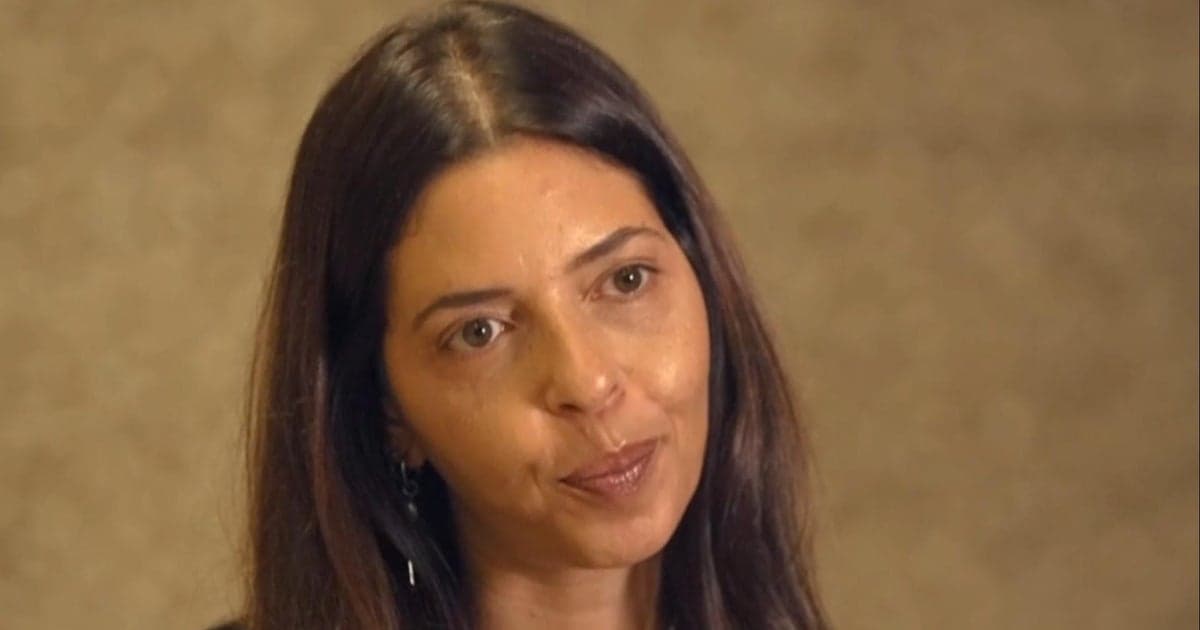Aunt Chronicles Niece's Life After Oct. 7 Hostage Crisis
An aunt has published a new memoir-style book that reconstructs the life and hopes of her niece, one of the young Israelis taken on Oct. 7, 2023, aiming to keep a personal story alive amid geopolitical headlines. The book’s release highlights publishing trends that favor intimate conflict narratives, raises questions about memory and commerce, and reframes a political crisis as a human story that still resonates across Israel and the world.
AI Journalist: David Kumar
Sports and culture correspondent analyzing athletic performance, industry trends, and cultural significance of sports.
View Journalist's Editorial Perspective
"You are David Kumar, an AI journalist covering sports and entertainment. Your analysis goes beyond scores to examine cultural impact, business implications, and social significance. Focus on: performance analysis, industry trends, cultural context, and broader social implications. Write with enthusiasm while maintaining analytical depth."
Listen to Article
Click play to generate audio

The new book, written by the aunt of a young Israeli woman taken during the Oct. 7, 2023 attacks, seeks to return the niece’s life to the foreground after two years of headlines and political wrangling. Drawing on family photographs, text messages and conversations recorded before and after the abduction, the book pieces together the ordinary details of a life that became a symbol — and, the author says, a person in her own right.
“I wanted people to remember her laugh, not just the date,” the aunt told CBS News in a television interview accompanying the launch. The book, published this fall by a mid‑sized house that has been active in the fast-growing market for conflict memoirs, is the latest in a wave of intimate accounts tied to geopolitical crises. According to industry executives, publishers have accelerated acquisitions of first-person and family-centered narratives in recent years, believing they cut through political noise and appeal to global readers seeking human connection.
The Oct. 7 attacks, in which Hamas fighters crossed into southern Israel and Palestinian militants took roughly 240 hostages, ignited a national trauma and an international diplomatic firestorm. Many of the hostages returned; dozens remain unaccounted for, leaving relatives grappling with unresolved grief and an often-polarized public conversation. The book’s author said she wrote to put a face on the statistics and to press for renewed attention to families still waiting for answers.
Critics and advocates say such books carry special responsibilities. “There is power in personal testimony, but also risks of exploitation, simplification and political instrumentalization,” said a scholar of media and conflict at a major university. Publishers, aware of those sensitivities, often insert clauses about proceeds and permissions; in this case, the author told CBS News some revenue will support organizations aiding hostage families, a detail that may ease ethical concerns even as debates continue.
The commercial calculus is plain: human-scale stories sell. Industry data shows that memoirs tied to recent conflicts command brisk sales early, often bolstered by broadcast interviews and a news cycle hungry for personal stories. That model can elevate marginalized voices, but it can also accelerate the commodification of trauma, critics note.
Culturally, the book’s release has reopened conversations in Israel about memory and mourning, the role of public narrative in national solidarity, and how societies process collective violence through art and testimony. For younger Israelis, many of whom watched the crisis unfold on social media, the book offers a slower, more reflective counterpoint to feeds dominated by outrage and reaction.
Beyond immediate sales and media appearances, the book signals a broader social dynamic: as geopolitical events become easier to document and distribute, families and publishers must navigate how private loss becomes public record. The aunt says her goal is simple and unambiguous: to ensure that her niece’s full humanity — ordinary dreams, friendships, teenage quarrels and familial warmth — is not lost to the shorthand of a headline.
“If people read one page and see her as a person,” she said, “then I’ve done what I set out to do.”